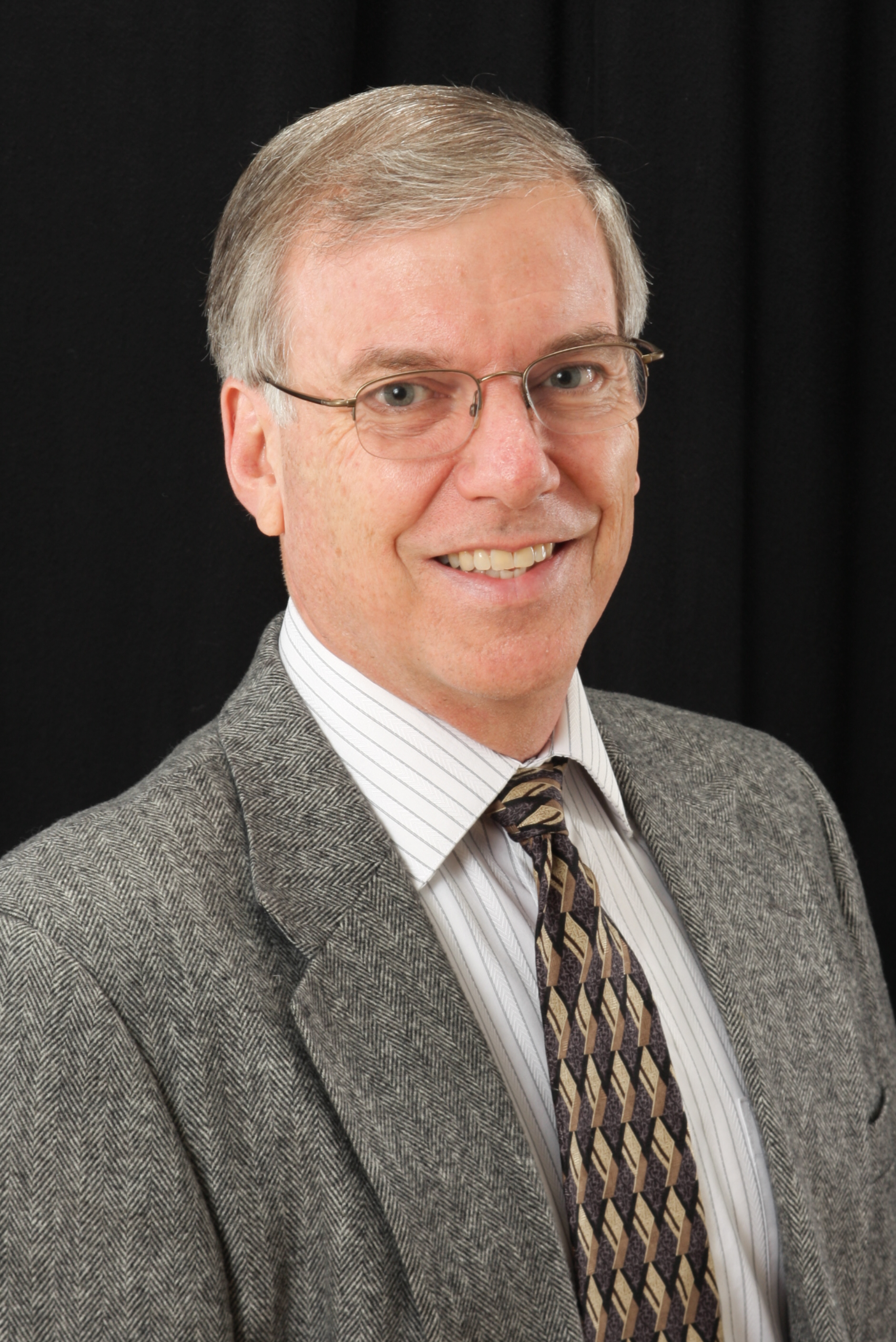Editor’s Note: Strong relationships are at the core of a happy life, but sometimes, dealing with the people in our lives is tricky. That’s why Thrive Global partnered with The Gottman Institute on this advice column, Asking for a Friend. Every week, Gottman’s relationship experts will answer your most pressing questions about navigating relationships—with romantic partners, family members, coworkers, friends, and more. Have a question? Send it to [email protected]!
Q: My partner, who spent years as an addict, is now newly sober. But I’m still experiencing plenty of disconnect, bitterness, and resentment. How can I best heal and move on from this? —MB
A: I’d like to start by reassuring you that what you’re experiencing is common and understandable. Years of struggle and trauma from the impact of addiction takes its cumulative toll on everyone involved.
Initially there’s a collective sigh of relief when a partner or loved one gets sober. Partners feel hopeful that a sense of normality can find its way back into family life. However, relief is almost always followed by increasing levels of resentment, anxiety, fear, anger, and a host of other negative emotions. Making sense of these co-existing oppositional feelings is confusing. You’re probably thinking, “Shouldn’t I feel better now that my partner is finally sober?” But often, it’s not that simple.
There are several factors to help understand these reactions, but first it is crucial to understand that there is a difference between sobriety (abstinence) and recovery. While sobriety refers to stopping the using behavior, recovery can be thought of as a process of making life changes that address both individual and relationship wellness. Focusing on both of those together, instead of just on abstinence, increases the likelihood of continued sobriety.
The “pink cloud” is a term used in recovery circles from the perspective of the addicted person, but I believe this term is every bit as relevant for partners and family members. Being on a pink cloud refers to the immediate sense of relief, happiness, and confidence that some people experience when the person stops using. It’s important to anticipate that at some point coming down off that cloud may very well stir up opposite, negative feelings once the reality of long-term sobriety hits home. For partners, it’s often the reality of addiction that hits the hardest. Inevitably, at some point during recovery, they wind up grappling once again with the baggage from addiction, and it catches up to them.
Research from the Family Recovery Project indicates that recovery is a long-term process of adjustment for couples and families. The first year is especially difficult, despite the fact that the substance or compulsive behavior has stopped. A whole new set of problems and challenges emerge in recovery related to shifting roles, boundaries, and developing new communication patterns, to name a few.
In my workshops for recovering couples and in presentations and trainings for therapists and addiction professionals, I emphasize the concept of “secondhand addiction,” a term taken from Lisa Frederiksen’s concept of secondhand alcoholism. Secondhand addiction doesn’t label either partner. It’s an acknowledgement and validation of the serious impact that an addictive disorder has had on both partners, as well as on the relationship. In addition to individual support for both partners, early intervention with couples is an emerging idea, and one that I strongly advocate and support.
Managing the feelings you are struggling with will depend on sorting through the above concepts. Start with the question of abstinence versus recovery — and recognize that focusing on the broader concept of recovery will help you both.
Are either one of you getting extra help for yourselves? If not, it is important to do so, and there are numerous resources available like mutual aid groups, individual therapy, and group therapy. Unfortunately, resources for couples are more limited, but you could check out Recovering Couples Anonymous, a support group for the couple relationship.
I would also encourage you to explore couples therapy with an addiction therapist who also works with couples. This is a more specific specialty, but you can call your local treatment program for referrals for all the above. I wish you the best as you take your next steps in this journey.
Read more “Asking for a Friend” columns here, and follow us on Facebook for all the latest news on how you can keep Thriving.
More from Thrive Global:
8 Things You Should Do After 8 P.M. If You Want to Be Happy and Successful


